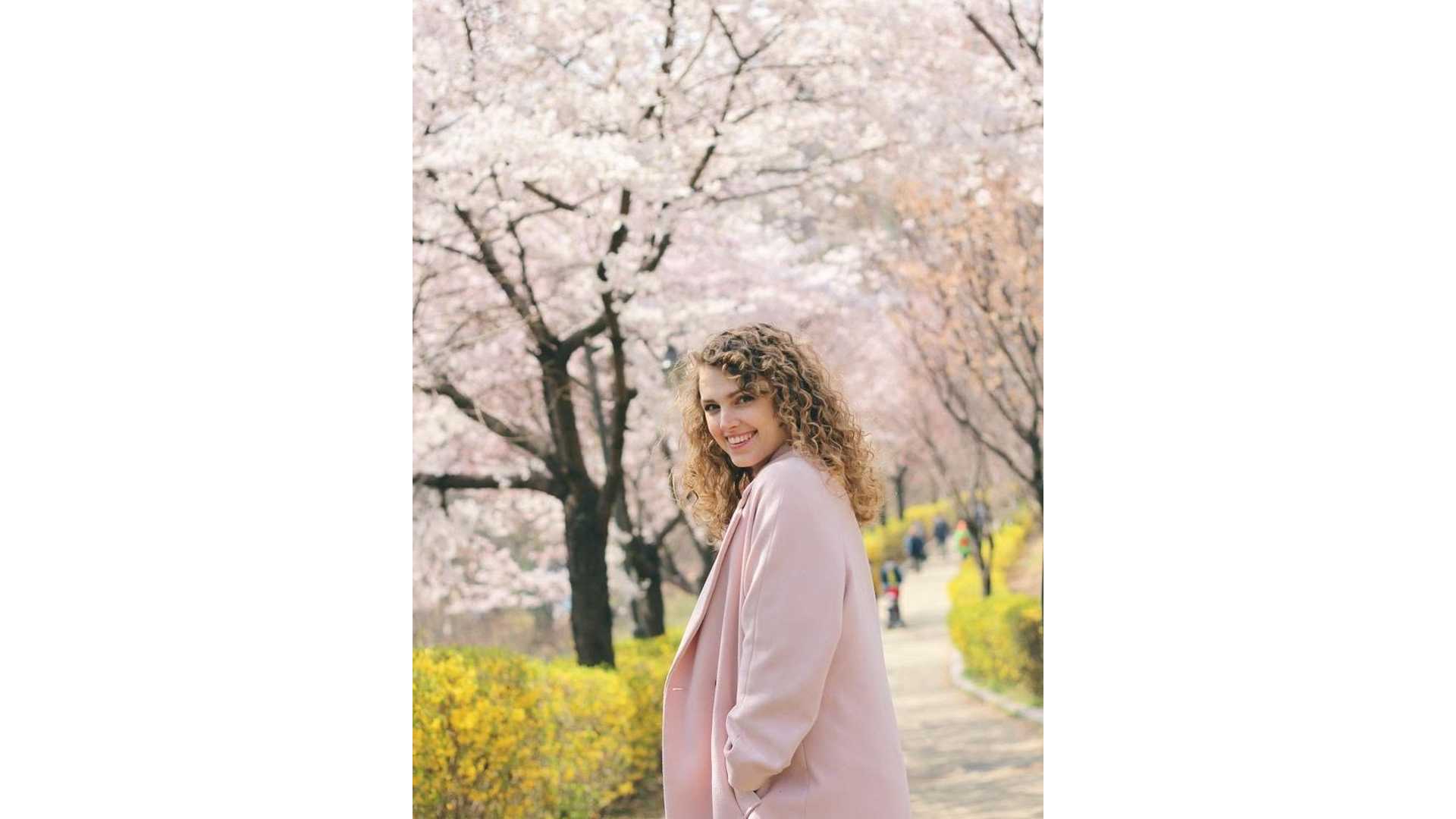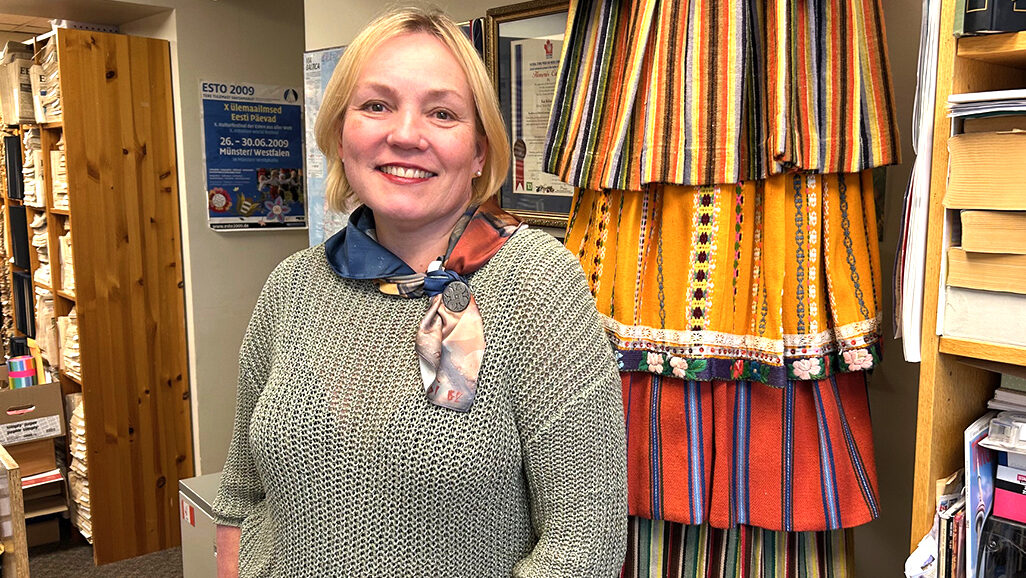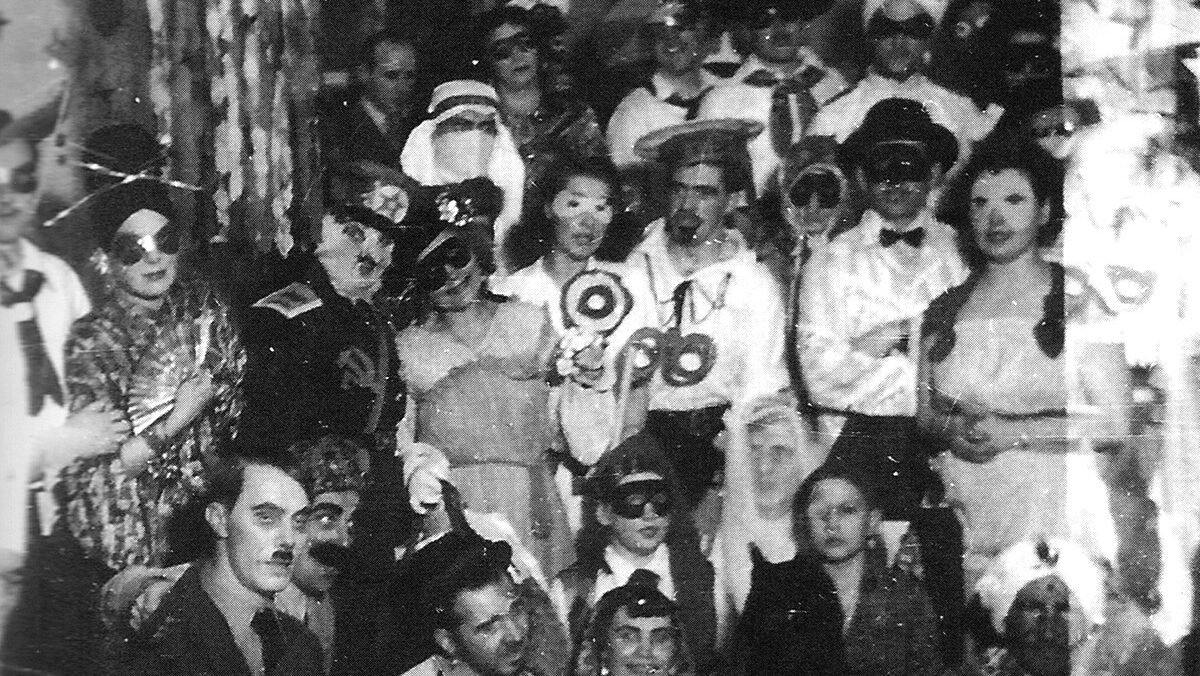She's made a series of introductory videos on YouTube covering language fundamentals from the alphabet all the way to conjugating the verb olema (“to be”). Since their first appearance in 2012, the videos have become something of a fixture on YouTube.
Behind the videos is an avid teacher and student of languages, many hours of video production, and a journey to South Korea. How did she end up there, and what might it mean for relations between the people of South Korea and Estonia in the years to come?
It all started when Orav graduated high school and decided to move to England. Arriving with just a few pounds in her pocket, she immediately began looking for work. With new employment at a coffee shop, she ended up meeting people from around the world and hearing different languages. This prompted an interest in how the meaning of words changed across languages. “One of the girls I met was from Korea… She said ‘learn Korean, it's so easy!' She took out a receipt and wrote the Korean alphabet on it. That was the first kick… I was in a place where probably anyone could have told me ‘learn this language', and if I had decided that it sounded good enough, I could have done it.”
Prior to this interaction, she declares that she didn't know anything about Korea. The two friends enjoyed each other's company, which opened up a new community for Orav. “When I was learning Korean, she said ‘let me introduce you to people from a local Korean church I know about, because you go to church.' I really clicked with them. I really tried hard to learn Korean from that point on. That's when I realized that if I was going to learn Korean, I wasn't just going to learn a language and do nothing with it. I decided that I was going to go to university.”
Seeing the potential of working at an Estonian consulate in Korea, she asked a friend who was a professor what the best course would be to study. This friend recommended international relations. Orav moved back to Estonia for a year, and based on her already established interest in making YouTube videos for music, this was the time when she began making her “Let's Learn Estonian” videos. “I was heavily influenced by my first attempts to learn Korean, to make videos like that. I wanted to help people learn Estonian like these amazing people had helped me with Korean.”
Editing videos, achieving the best lighting and audio capture possible, preparing content for lessons — these are all time-consuming tasks, especially when there is no compensation for small-scale YouTubers. However, she had noticed there was a lack of approachable video explanations of basic Estonian language concepts. She took joy in teaching to a vast online audience, who would send her messages of encouragement, about how they would share the videos with their children.
When 2013 rolled around, she began to study for a double major in Asia Pacific Studies and International Relations at the University of Leeds, with an exchange year in Korea that made her even more enthusiastic about the possibilities. Through the Korean Government Scholarship Program, she started a Master's degree at Seoul National University, in Korean Language and Literature in 2018.
Above all, seeing a gap in available educational resources was a strong motivation. “I wanted to write a level one Korean textbook in Estonian, because at the time, the cheapest and most common option for Estonians to learn Korean was through English.” Orav contends that the topics of emphasis for learning Korean are different for an Estonian-speaker, compared to an English-speaker. For example, explaining how to pronounce the “õ” sound could be replaced with topics that are unfamiliar to Estonian-speakers.
Since landing in Seoul, it became clear to her, however, that her interests were more attuned to education rather than linguistics specifically. Periods of isolation during the pandemic have allowed her to explore other applications of her interests.
Working with the local tourism industry was one of these possibilities. “In Korea, most people say I'm the first Estonian they have ever met. So for these people I was a kind of ambassador, and I hope I represented Estonia well.”
This position was advantageous for working in the world of Instagram promotion. Seeing an opening in the supporter program of X Crew, a sports and outdoor recreation company in Seoul, Orav became an influencer, to help them generate interest with tourists, including for stand-up paddleboarding activities. Chances to go out on the water and take photographs were in between some of the worst typhoons in many years, where the Han River that runs through the city was wild and turbulent.
She has also been working frequently with Visit Seoul as a “Global Seoul Mate”, which has made many fellow Estonians interested in coming to Korea, and vice-versa. “I actually had a friend whose husband's cousin wanted to go to Estonia to study, so I met up with him and had a great time discussing life and opportunities in Estonia. He reminded me of myself because he has this passion for the Estonian language and languages in general.”
The desire to make videos hasn't gone away, though. Ideas are brewing, and the steady increase in the number of views for even the oldest videos proves that there is a demand.
To some, learning languages may seem like an ordinary intellectual hobby, but truly, languages are like streams that lead to a wide ocean of understanding about our fellow global citizens.
You can find Liisa's latest videos on YouTube.
This article was written by Vincent Teetsov as part of the Local Journalism Initiative.




